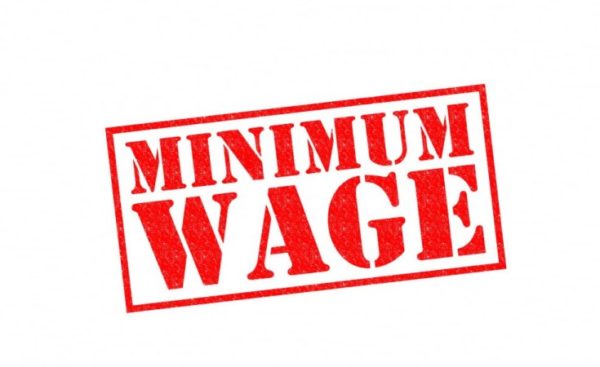DISCUSSIONS to increase the minimum wage for 2020 between the Associated Mineworkers’ Union of Zimbabwe (Amwuz) and employers under the Chamber of Mines began this week with the two parties poles apart, a local business publication has learnt.
The negotiations come at a time the country is facing its worst economic crisis in a decade punctuated by a debilitating liquidity crunch, an acute foreign currency shortage, prolonged power cuts lasting up to 18 hours daily, capacity utilisation of less than 40% and runaway year-on-year inflation of more than 500%.
Sources who attended the meeting on Tuesday this week revealed that the mineworkers initially demanded a minimum wage of ZW$8 500 while the Chamber of Mines offered a 67% increase on the minimum wage of ZW$1 200.
“After further discussions, the mine workers reduced their minimum wage figure to ZW$4 600 and the chamber upped its offer to ZW$2 800. We will meet again on February 11 when we expect to come to an agreement,” the source revealed.
Amwuz president Tinago Ruzive told businessdigest on Wednesday that the meeting between the two parties had been cordial and expected to reach an agreement on the minimum wage for 2020.
“The meeting went on very well with the chamber showing a willingness to alleviate the suffering of workers in the mining sector,” Ruzive said.“The figures we put on the table were not tallying with those of the chamber. The figure we put on the table is taking into consideration several issues including the current consumer basket. We, however, are confident that we will soon cobble out an agreement.”
Ruzive, however, refused to divulge the figures they had tabled at the meeting. Negotiations over the minimum wage for the year are usually held in the last quarter of the previous year.
However, this has not been the case for this year’s negotiation due to the deepening economic decline, characterised by quickening inflation that has decimated wages.
Late last year, the two parties agreed a 90% increase in the minimum wage, the third time an increment would be effected in 2019 as a result of the inflationary environment.
The two parties agreed a 35% cost of living adjustment to cushion mine workers from the current inflationary environment in July last year. The workers had demanded a 50% increment with the employers’ body initially offering a 26% raise before settling for a cost-of-living adjustment of 35%.
This is on top of the 80% increment they had agreed upon in March as the initial minimum wage for 2019. Mineworkers had demanded US dollar-denominated salaries, arguing it was the only way they could cushion their incomes from the vagaries of inflation.
The Chamber of Mines pointed out that it was not feasible unless mining companies were allowed to retain at least 80% of their foreign currency receipts by the Reserve Bank of Zimbabwe (RBZ).
However, Freda Rebecca Gold Mine recently began paying salaries in United States dollars as the local currency continues to lose value. Labour has been one of the major cost drivers for the mining sector which has battled a myriad of challenges which include foreign currency shortages and prolonged power outages. Business Digest




